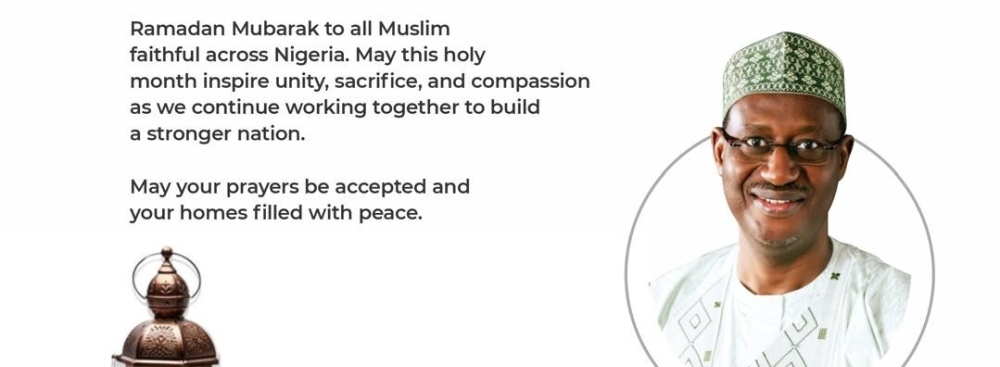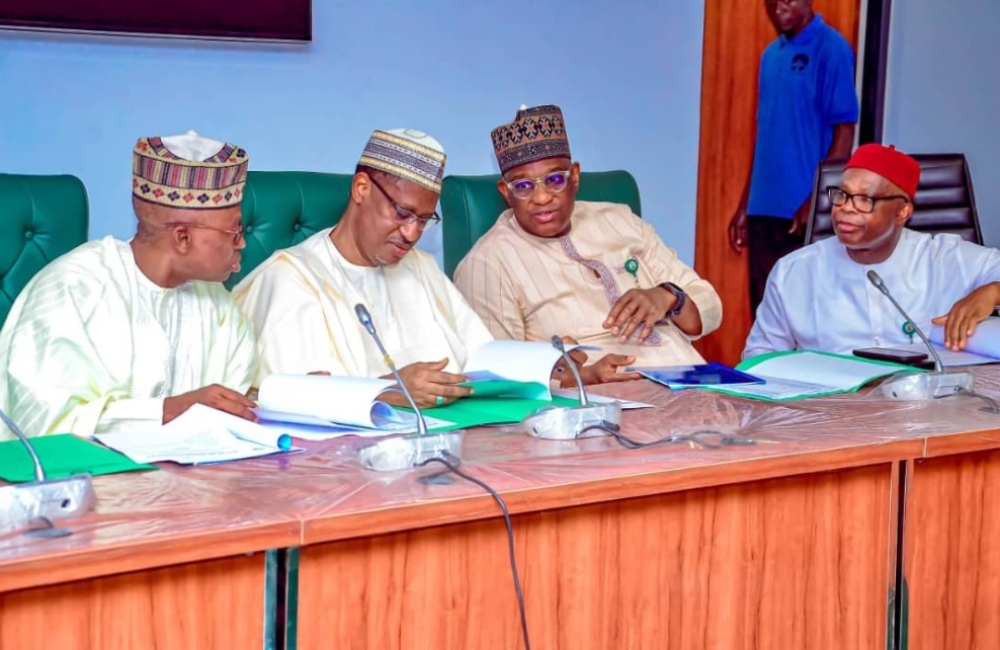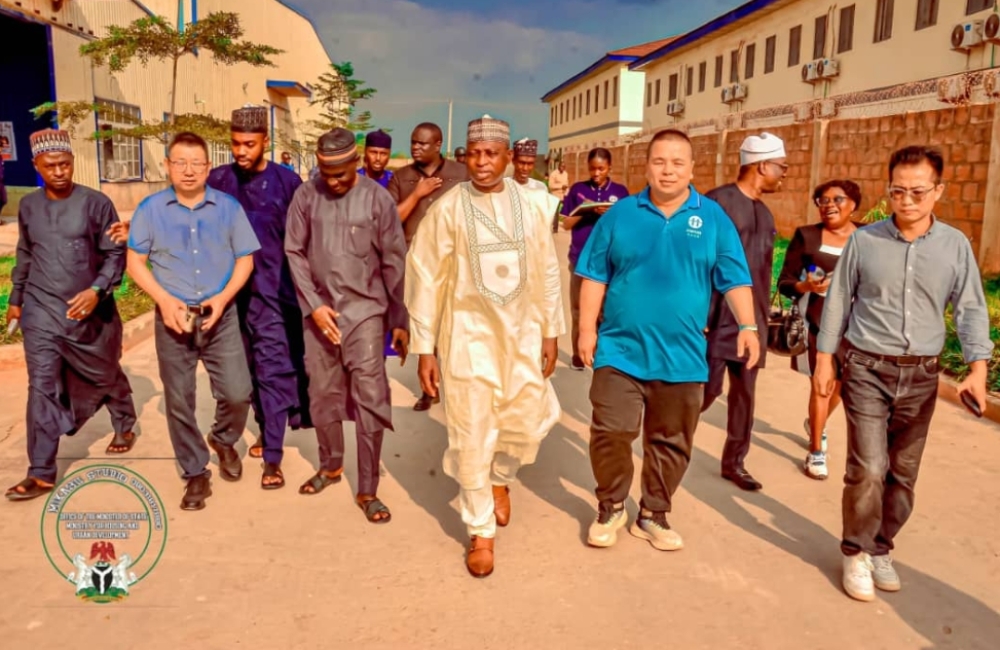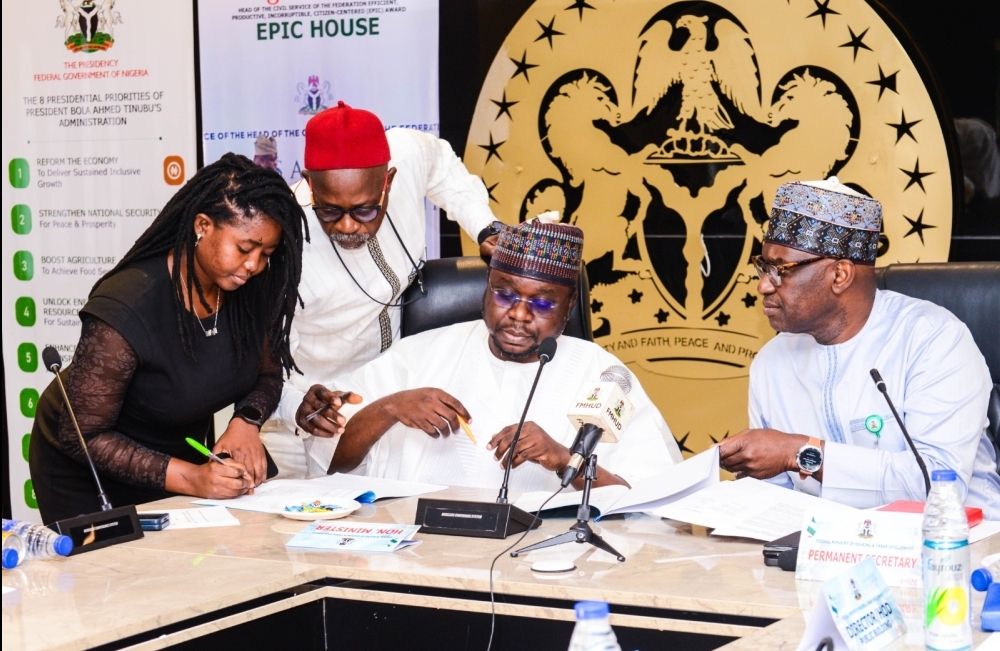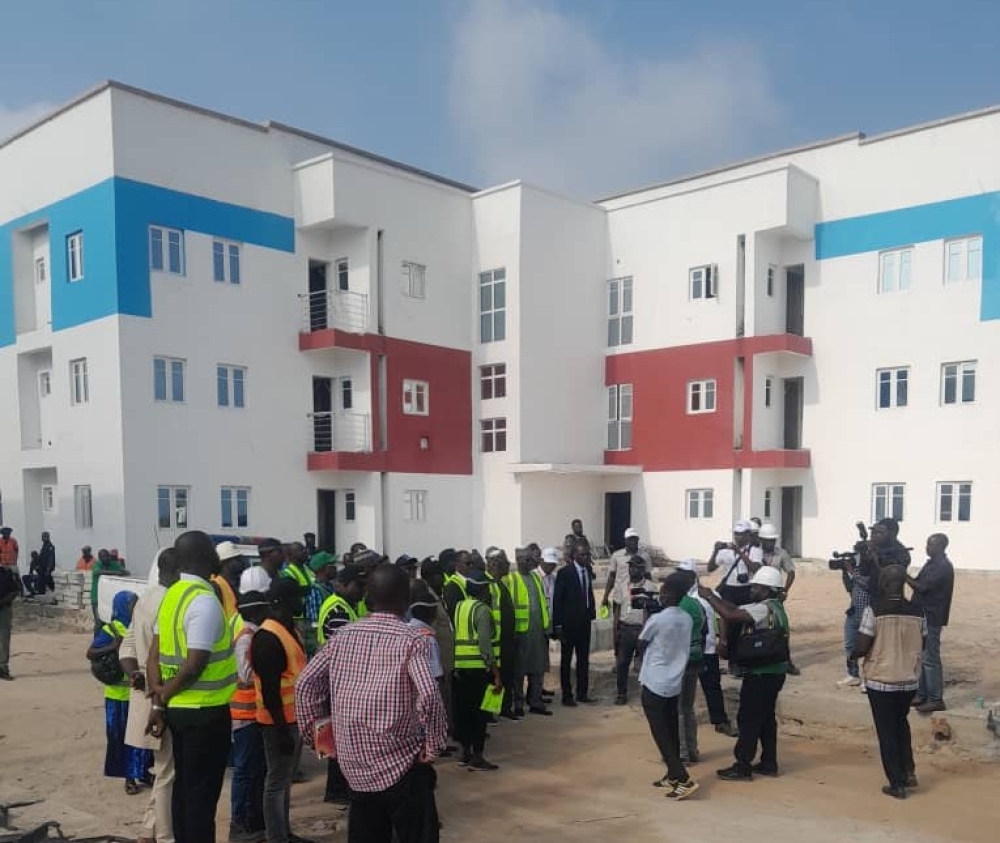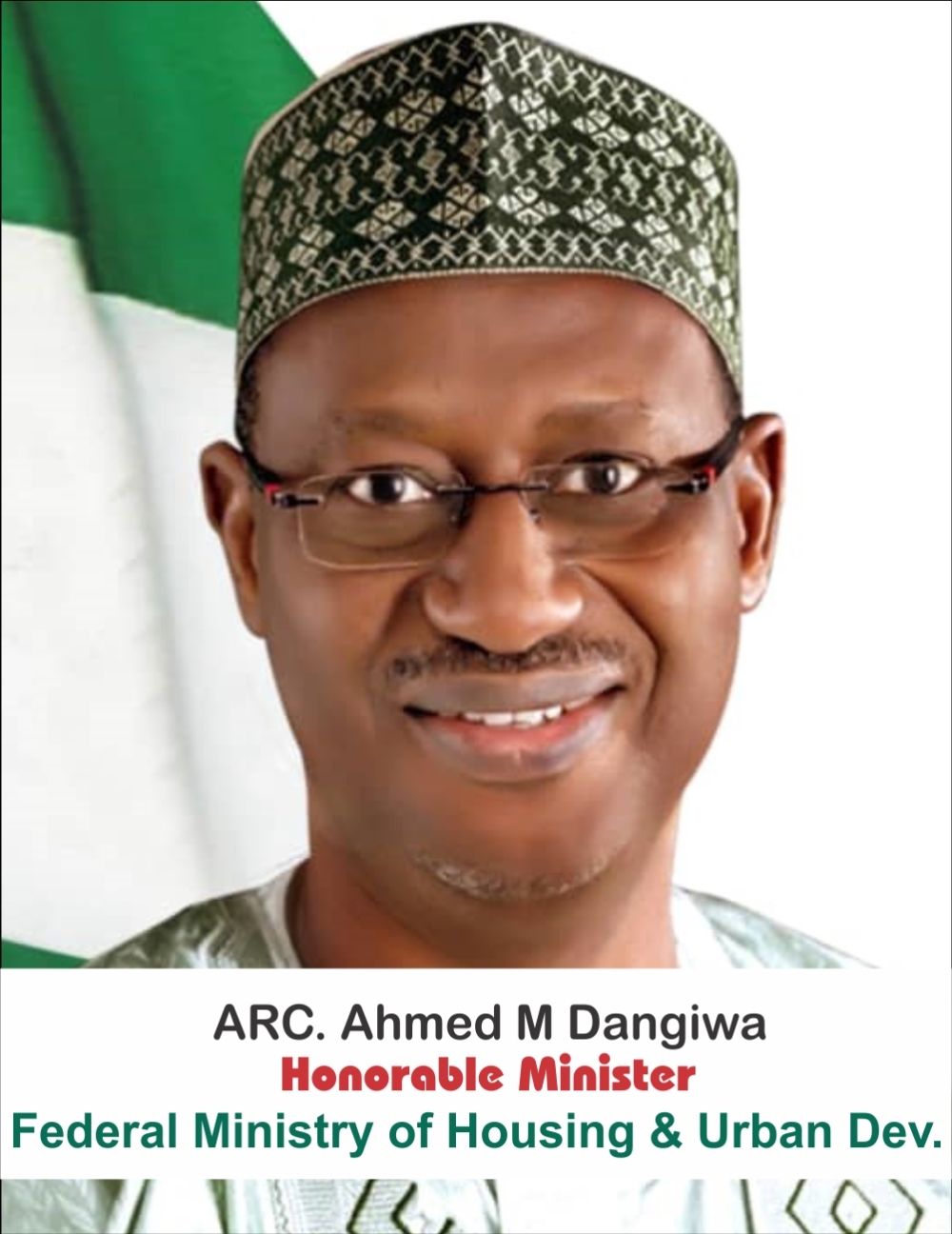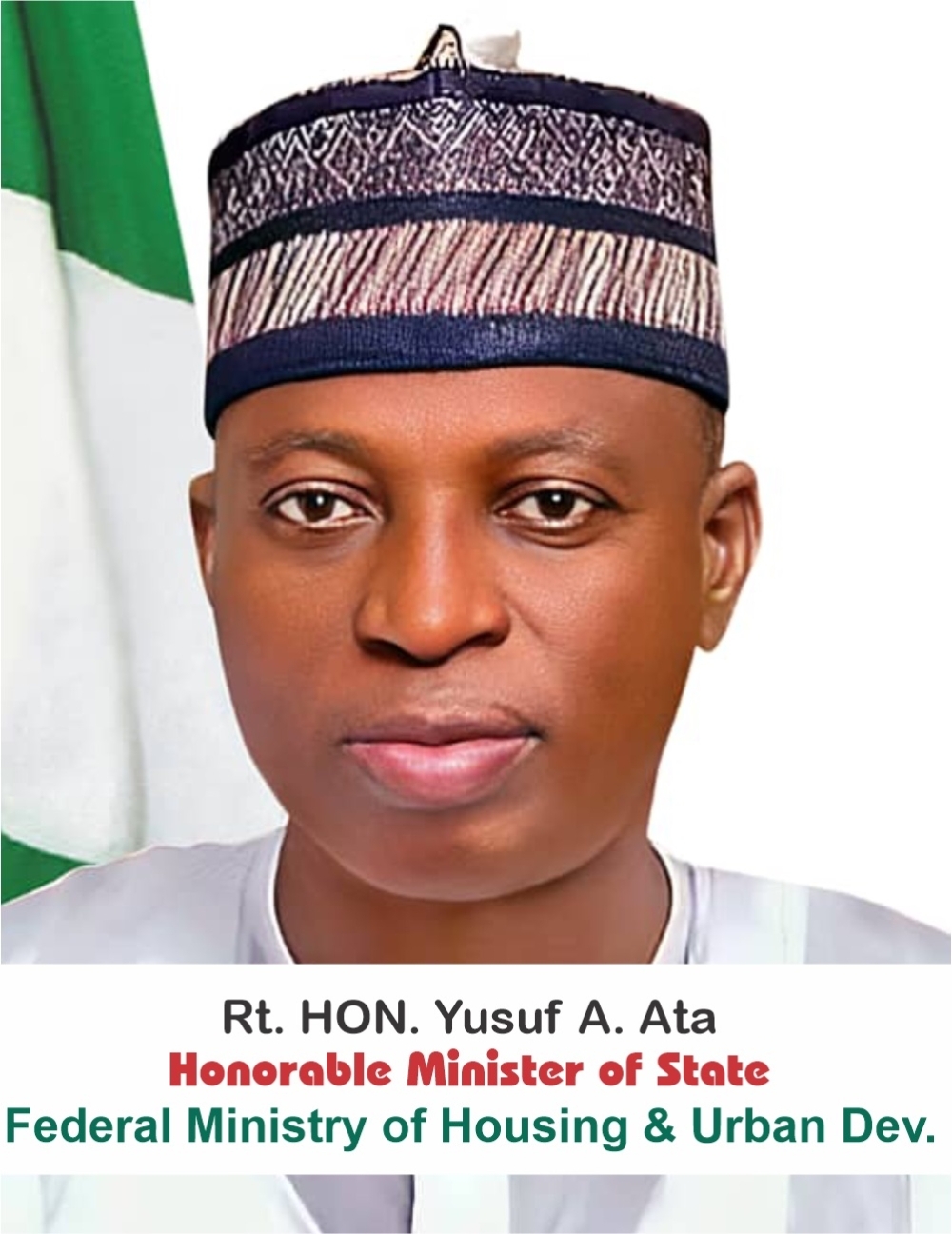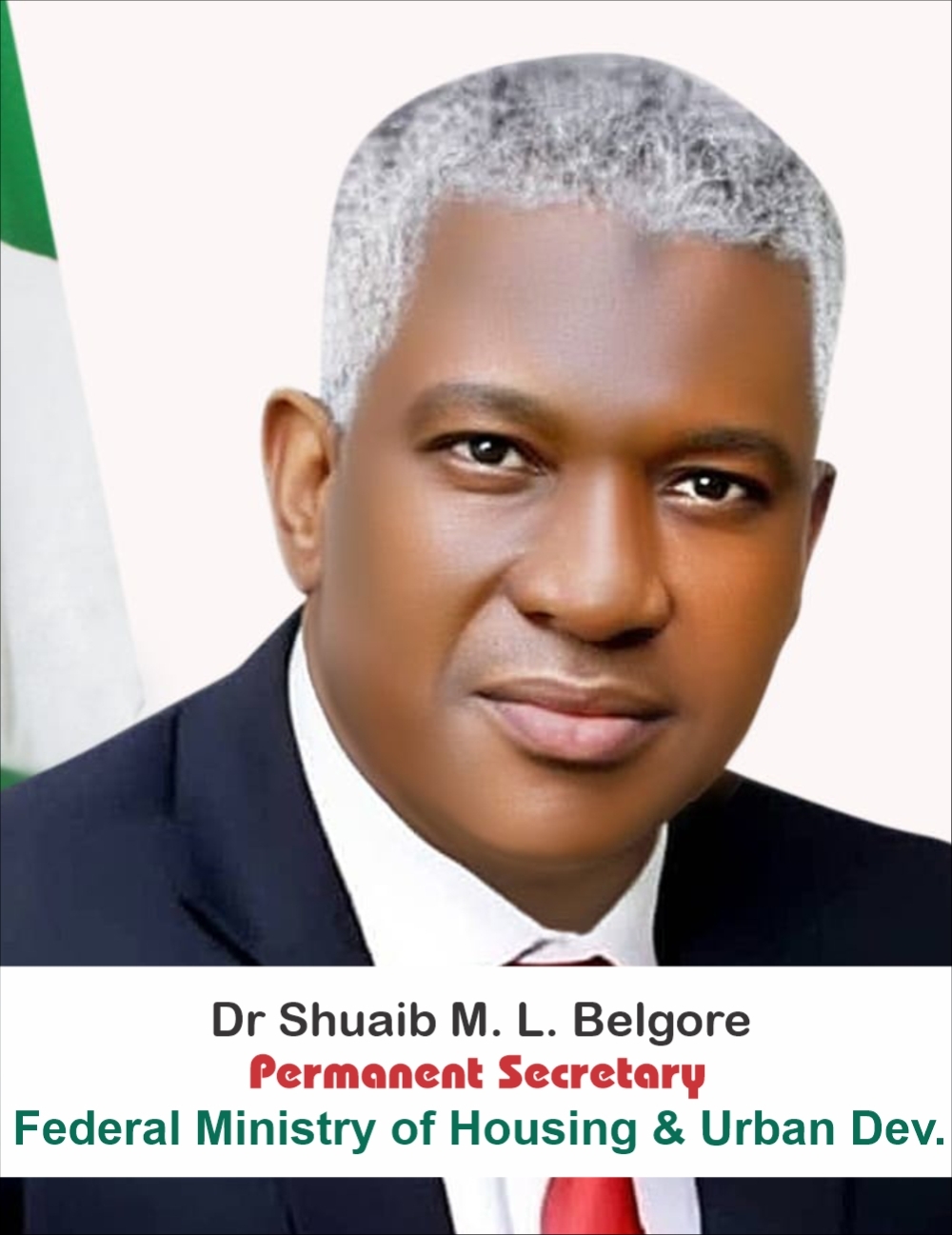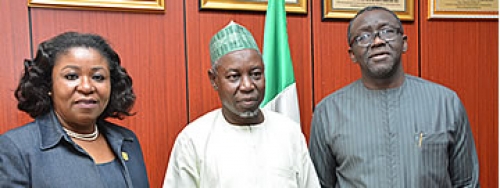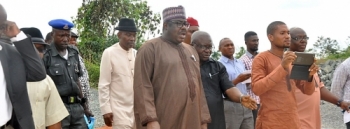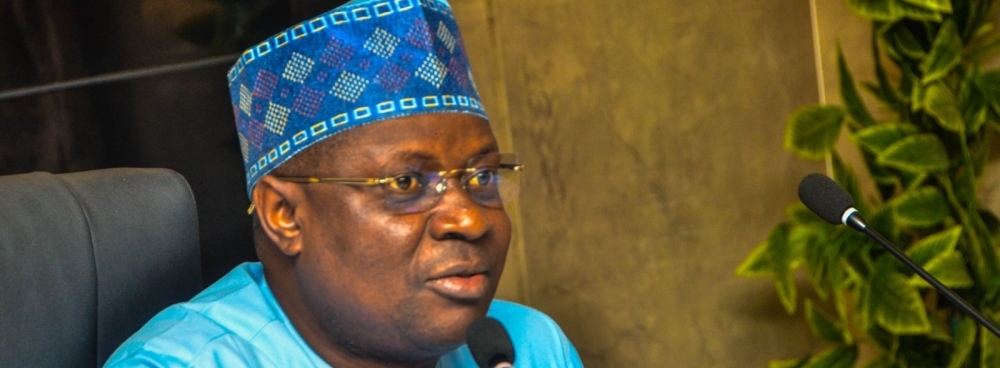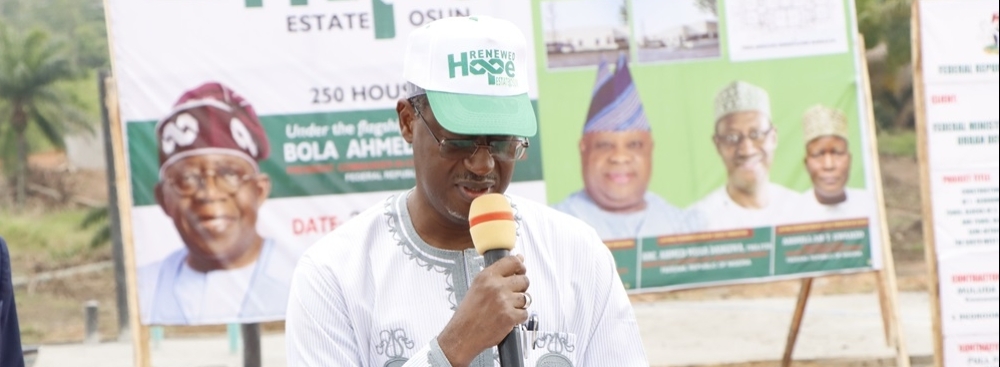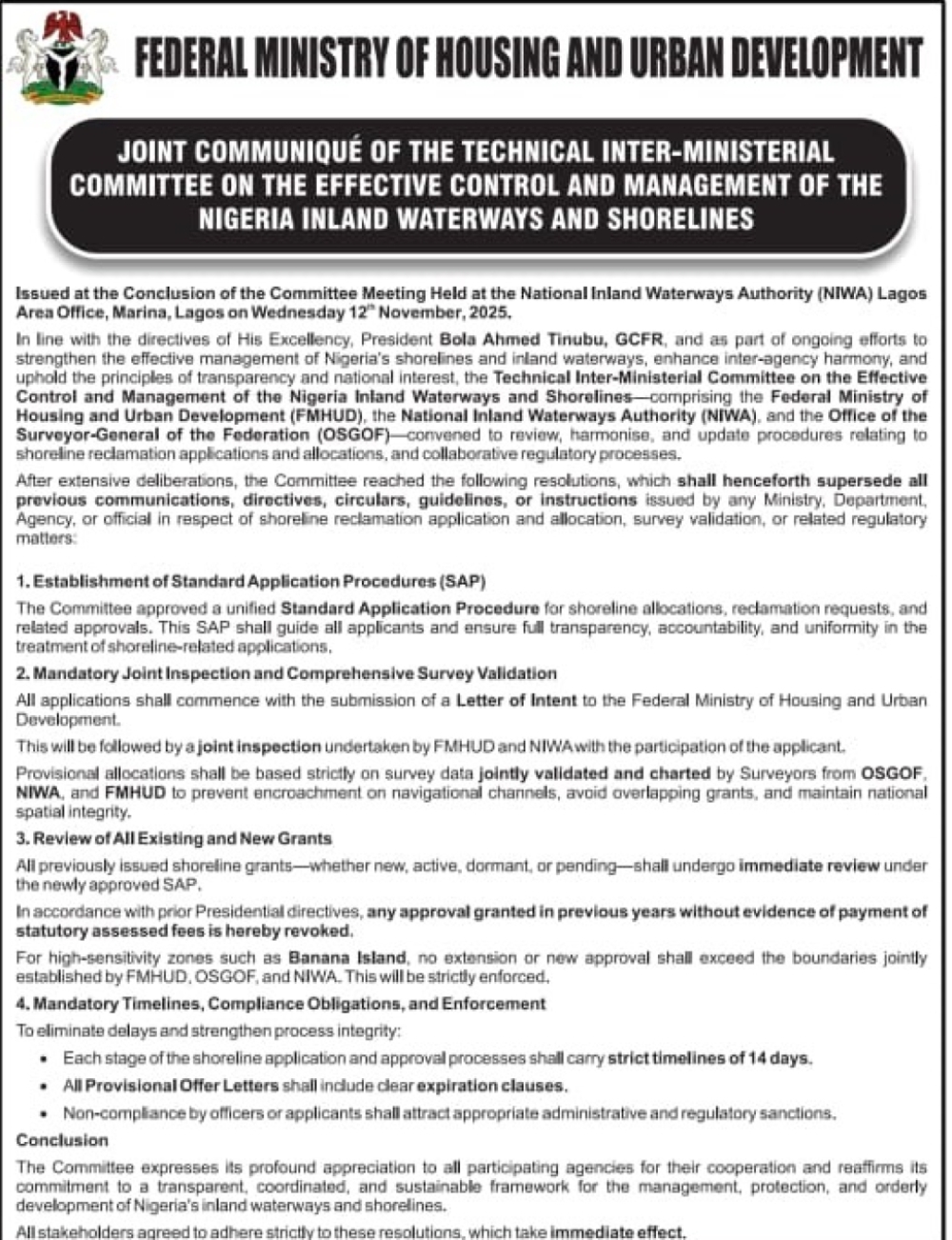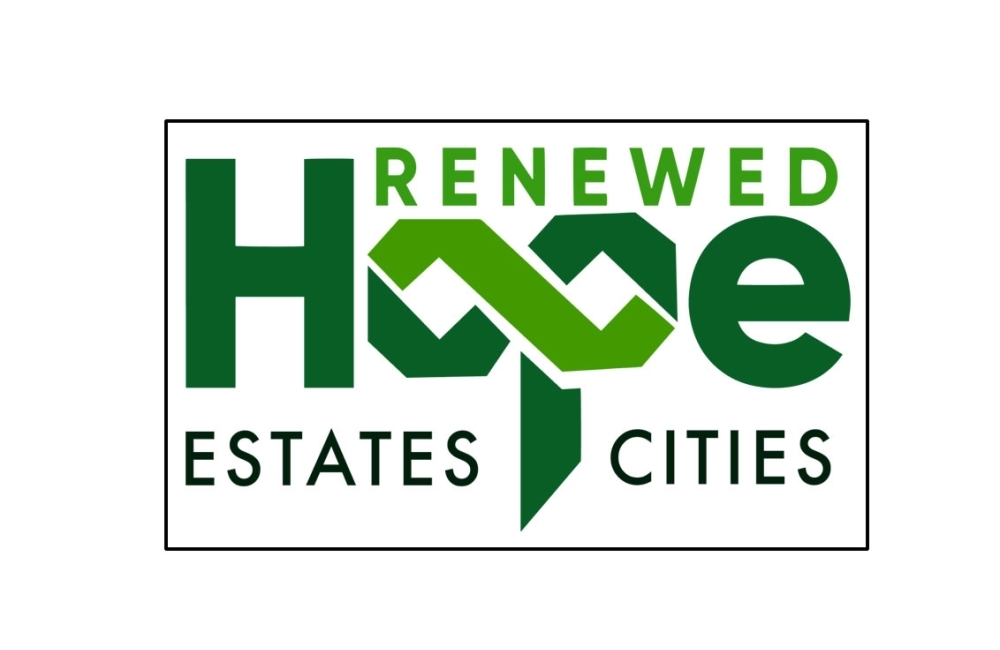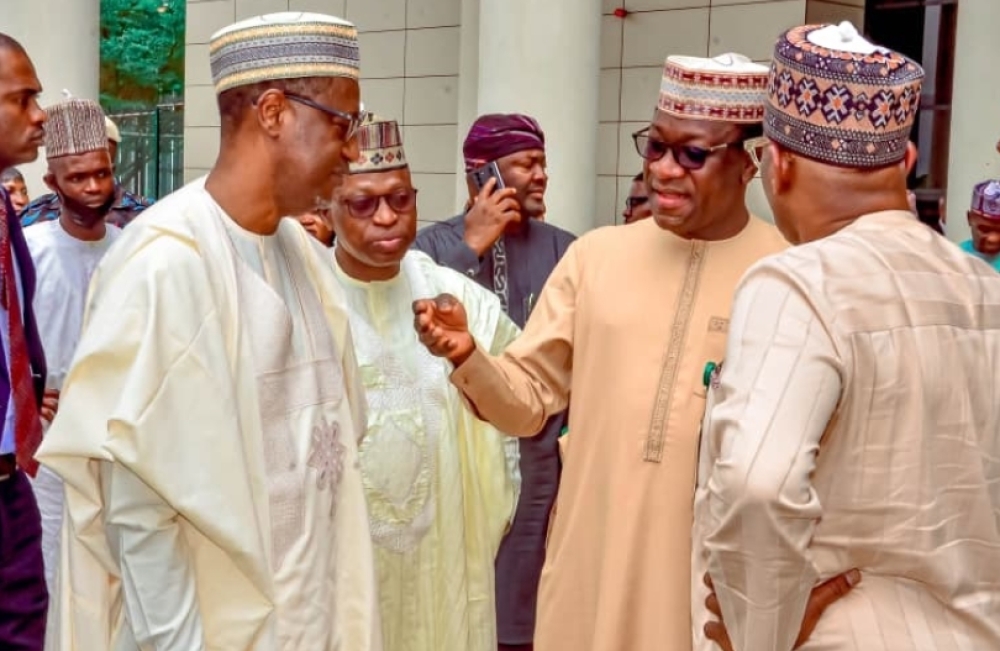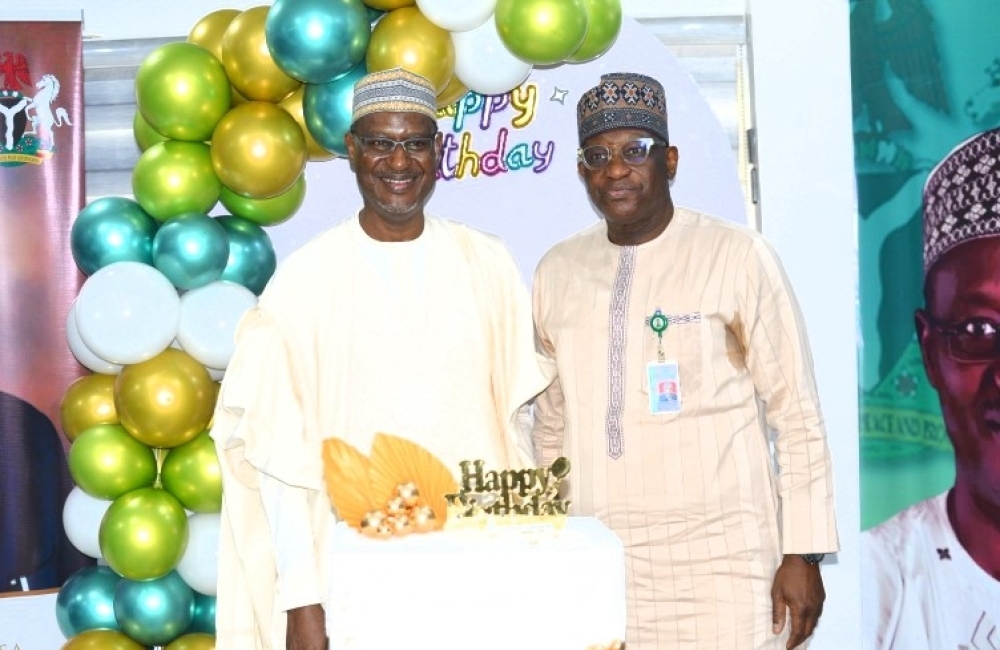Remarks By The Hon. Minister Of Housing And Urban Development, Arc. Ahmed Musa Dangiwa, At The Ground-Breaking Of The 250-Housing Unit Renewed Hope Estate In Osun On Tuesday, July 2, 2024
Protocols
Distinguished Guests, Ladies and Gentlemen,
First, I would like to thank His Excellency, the Executive Governor of Osun State, Sen. Ademola Adeleke for honoring our invitation to the groundbreaking of a 250-housing unit Renewed Hope Estate here in the State’s capital.
Today’s ceremony is a continuation of the nationwide groundbreaking exercise for housing projects under the Renewed Hope Cities and Estates Programme of the Federal Ministry of Housing and Urban Development, which His Excellency, President Bola Ahmed Tinubu, GCFR, launched in February with the commissioning of a 3,112-housing unit in Karsana, Abuja.
Under Phase One of this programme, we plan to deliver a total of 50,000 housing units across Nigeria. This includes 7 Renewed Hope Cities that will have between 500 and 1,000 housing units per site in each of the six geopolitical zones in the country and the FCT, while the Renewed Hope Estates will have 250 units per site in the remaining thirty (30) states.
With this housing programme, we plan to unlock the massive potential of housing development to create jobs, uplift lives, and boost economic development. This is in line with the Renewed Hope Agenda of Mr. President to STIMULATE INCLUSIVE GROWTH, LIFT 100 MILLION NIGERIANS OUT OF POVERTY, AND BUILD A $1 TRILLION ECONOMY.
As you may recall, last month, following the presidential launch of the programme in Abuja, we embarked on the first leg of this exercise with the groundbreaking of 1,500 housing units in the northern part of Nigeria. This includes 250-housing unit Renewed Hope Estates, one each in Katsina, Yobe, Gombe, and Sokoto, and a 500-housing unit Renewed Hope City in Kano. Work is currently ongoing at each of these sites, and our plan is to have all of them completed within the next couple of months and made available to Nigerians in line with Mr. President’s desire to provide quality housing for all Nigerians. UNDER THE RENEWED HOPE AGENDA, WE ARE IMPLEMENTING A ZERO TOLERANCE FOR UNCOMPLETED PROJECTS.
This second leg will see us break ground for a total of 2,000 Renewed Hope Housing Units across eight (8) states in the South and North Central. We started last week Wednesday with 250 units in Ebonyi; Thursday we were in Abia for another 250 units, Friday we were in Akwa Ibom for another 250 units, Saturday we were in Delta State for another 250 units, and today we are happy to be here in Osun to flag off another 250 units. The next stop from here will be Benue, then Nasarawa after which we shall be in Oyo to complete this 2nd leg.
This estate comprises 50 units of 1-bedroom semi-detached bungalows, 150 units of 2-bedroom semi-detached bungalows, and 50 units of 3-bedroom semi-detached bungalows.
We have designed these housing units in a way that makes them affordable for people to acquire by using organic designs to allow for future expansion as the income of beneficiaries increases. This means that a 1-bedroom unit can be expanded to 2 bedrooms, and a 2-bedroom unit can also be expanded to 3 bedrooms as the owner’s financial situation improves or their family grows.
As we perform this groundbreaking, I want to charge the contractors
1. Messrs. Muluda Nigeria Limited
2. Messrs. Ful Fledged Consult Nigeria Limited
to ensure that they build according to specifications. I want to emphasize in very strong terms that we will not tolerate substandard work from any developer, and we will explore all necessary legal means, to ensure that they deliver as per the contract. IF YOU COLLECT GOVERNMENT MONEY, YOU MUST DO THE WORK.
We also want the developers to adhere to the timeline and finish within three months so that we can begin the process of getting Osun indigenes to purchase and move in.
To ensure affordability, we have created different options to enable everyone who has a source of income and livelihood to own these homes when they are completed. These include single-digit mortgage loans that beneficiaries can repay over 30 years, rent-to-own schemes provided by the Federal Mortgage Bank of Nigeria, and outright purchase options for those who can afford to pay upfront.
Statistics show that the construction of one housing unit creates an average of 25 direct and indirect jobs. So, for these 250 housing units in Osun, we hope to create jobs for over 6,500 people in various trades, from professionals like architects, civil engineers, and mechanical engineers to masons, plumbers, tilers, electricians, and laborers. We have seen unskilled workers at other project sites earning as much as N35,000 per week, at an average of N5,000 per day. This amounts to about N140,000 per month.
This is in addition to the economic activities, including those selling food, supplying blocks, and providing building materials. The value chain effect of construction work on this site is significant and creates a positive economic impact.
I want to state that under the Renewed Hope Agenda of His Excellency, President Bola Ahmed Tinubu, GCFR, we at the Federal Ministry of Housing and Urban Development are very particular about giving Nigerians value for money. We are diligently funding these projects from the N50 billion 2023 Supplementary Budget that Mr. President approved for the Ministry to ensure sustainability, quality, and geographic spread.
It is important to say that the provision of land in a good location and at no cost is a key condition for siting Renewed Hope Housing Projects. The twelve states covered under this 2023 supplementary budget are those that first provided land. I want to assure that states that have not been covered will be included in the Ministry’s 2024 Budget on a first-come, first-served basis, on the condition that they provide land at no cost to enhance affordability.
At this juncture, I want to appreciate and thank His Excellency, the Executive Governor of Osun State, His Excellency Sen. Ademola Adeleke for promptly granting our request for the provision of land at no cost. This singular action has helped us to reduce as much as 30% of the cost of the units in this Estate for the benefit of potential homeowners. This is a dividend of responsible governance and I applaud Your Excellency for this.
Before I close my remarks, I want to thank and appreciate our President for providing the vision and the political will necessary for us to make a difference in terms of delivering decent and quality housing to Nigerians. The Groundbreaking ceremonies for these projects demonstrate that Mr. President and indeed the federal government of Nigeria is committed to fulfilling promises and responsibilities to all Nigerians.
Long live Osun and His Excellency, the Executive Governor.
Long live the Federal Republic of Nigeria.
Long live Mr. President.
